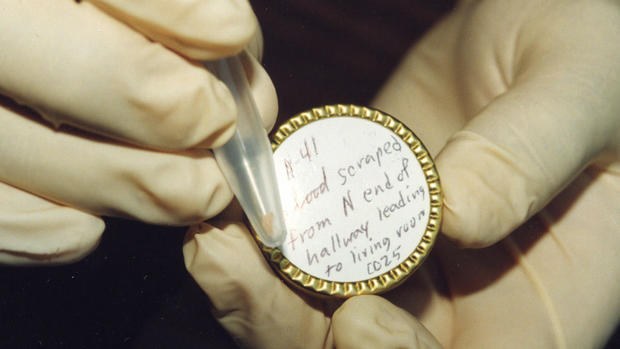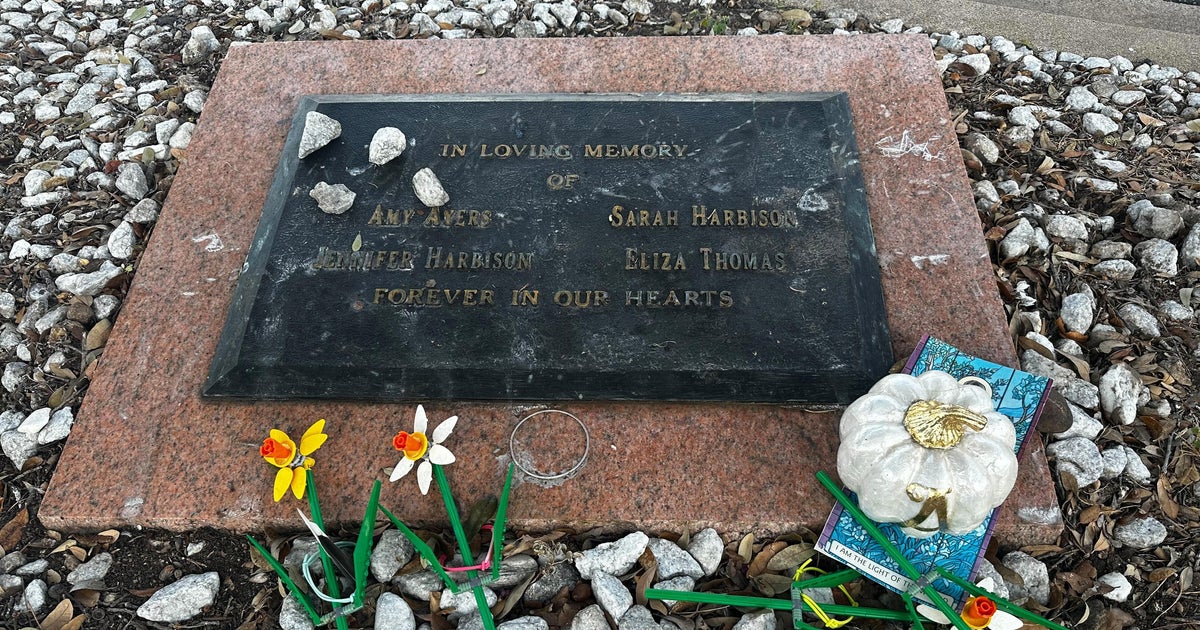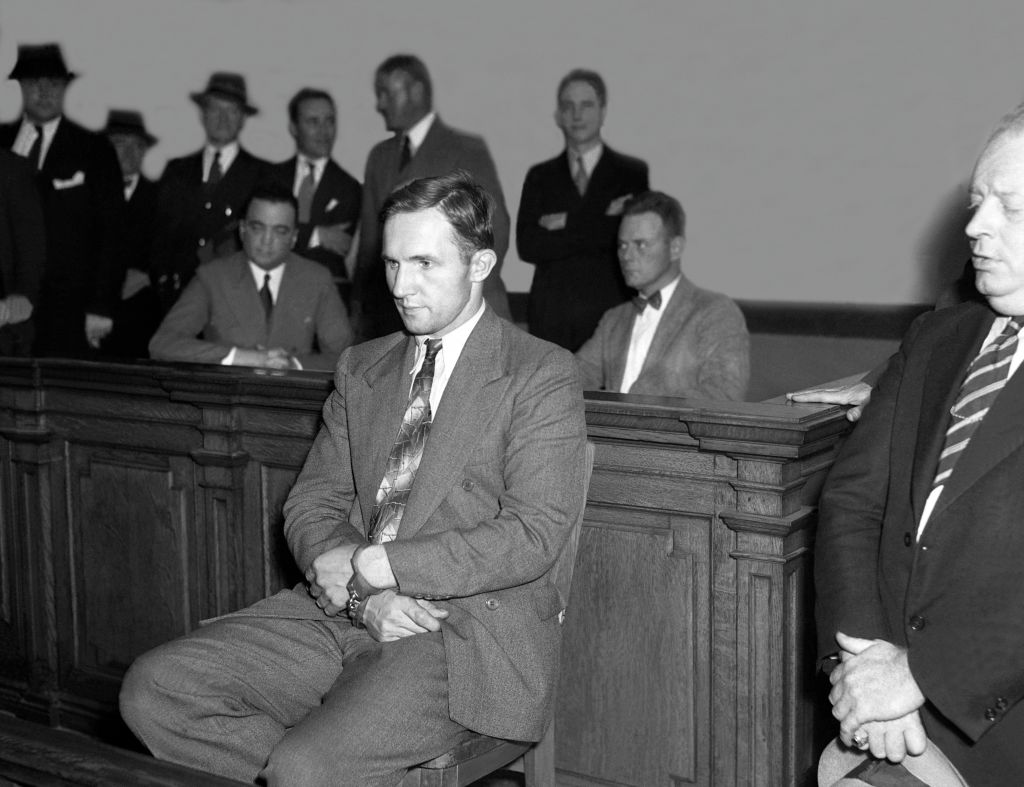Kevin Cooper case: California Gov. Gavin Newsom orders more DNA testing
Sacramento, Calif. -- California Gov. Gavin Newsom ordered additional DNA testing Friday on evidence that a death-row inmate says will prove his innocence in a 35-year-old murder case that has drawn national attention. Former Gov. Jerry Brown previously ordered testing of four pieces of evidence that condemned inmate Kevin Cooper says will show he was framed for the 1983 hatchet and knife killings of four people, including two children, in Chino Hills.
Newsom expanded the testing to include a green button and hair, blood and fingernail scrapings from the victims.
San Bernardino County District Attorney Jason Anderson said he, surviving son Joshua Ryen, and other family members are disappointed by Newsom's order, though the Democratic governor emphasized that he is taking no position on Cooper's guilt or innocence at this time.
"Especially in cases where the government seeks to impose the ultimate punishment of death, I need to be satisfied that all relevant evidence is carefully and fairly examined," Newsom said in ordering the testing.
In 2000, 17 years after the murders, "48 Hours'" Erin Moriarty first heard from Cooper, who told her he had been framed. She has been reporting the story ever since. Nearly 35 years later, Cooper maintains his innocence.
"I cannot take responsibility for murders I did not commit," Cooper told Moriarty.
Moriarty found in her reporting there was evidence pointing to another suspect and in testimony at trial it was learned that a sheriff's deputy destroyed it.
When Diana Roper, now deceased, found bloody overalls belonging to her boyfriend, a man with a violent criminal history, she turned them in.
"Wouldn't you say that taking in coveralls that appear to be covered in blood, not sending them to a lab and throwing them away before trial would be highly unusual?" Moriarty asked Floyd Tidwell, who was the sheriff at the time.
"I don't know that that happened," Tidwell said. "I'm very vague on that."
Other evidence points to the killers being white or Hispanic, Cooper's supporters say. A San Diego judge in 2011 blocked Cooper's request for a third round of DNA testing.
The case also attracted national interest after New York Times' columnist Nicholas Kristof, U.S. Sen. Kamala Harris of California and reality television star Kim Kardashian urged officials to allow re-testing.
Prosecutors say previous tests show Cooper, now 61, killed Doug and Peggy Ryen, their 10-year-old daughter Jessica and 11-year-old neighbor Christopher Hughes.
They say the tests proved Cooper was in the Ryen's home and smoked cigarettes in the Ryen's stolen station wagon, and that Cooper's blood and the blood of at least one victim was on a T-shirt found by the side of a road leading away from the scene of the murders.
"Unfortunately, over time it seems the victims' desire for justice in this case matters less and less," District Attorney Jason Anderson said in a statement. "Prior DNA testing that Mr. Cooper sought, agreed to and claimed would exonerate him have all confirmed Mr. Cooper's guilt and that Mr. Cooper's allegations of evidence tampering were unfounded."
Cooper's attorney, Norman Hile, said the testing will likely take months, though the timing will be set by agreement between himself, prosecutors and the former judge Brown named to oversee the retesting.
"We hope that this additional testing will lead to the exoneration of Kevin Cooper and revealing who killed the Ryens and Christopher Hughes," Hile said.
Brown in December ordered the retesting of DNA on a tan T-shirt, orange towel, and a hatchet handle and sheath.
Hile has said investigators planted his client's blood on the T-shirt. He says more sensitive DNA tests are now available that may show who wore the shirt. He contends that investigators also planted other evidence to frame his client, then a young black man who escaped from a prison east of Los Angeles two days before the slayings.
Supporters of Cooper say other evidence, including untested hair samples, indicates there were multiple killers who are white or Hispanic.
Newsom ordered the testing of hair samples collected from the victims' hands and the crime scene, as well as two blood samples and a green button that investigators say links Cooper to the crime and Hile says was planted.
The goal is to see whose DNA is on the items, Newsom said. He noted, however, that multiple DNA from unknown contributors may have contaminated the evidence, given the age of the case and that items have been routinely handled by investigators and others.
California hasn't executed anyone since 2006. A federal appellate court in San Francisco stayed Cooper's scheduled execution in 2004 and called for further review of the evidence, but his appeals have been rejected by the California and U.S. supreme courts.




